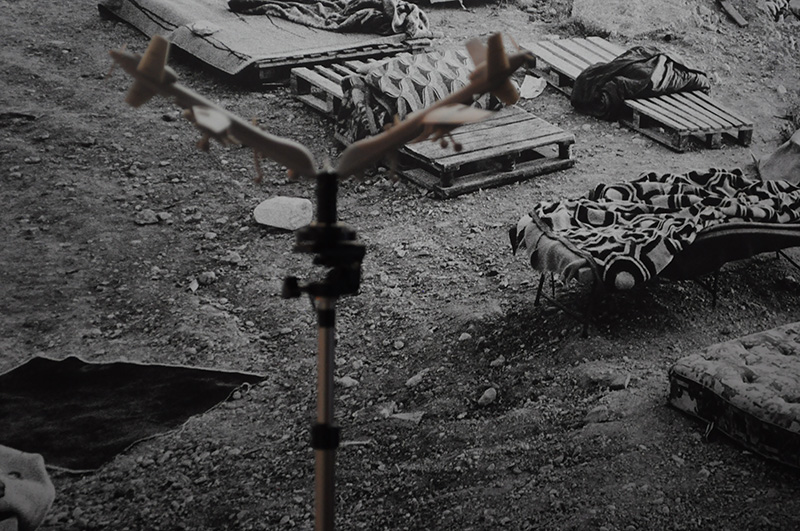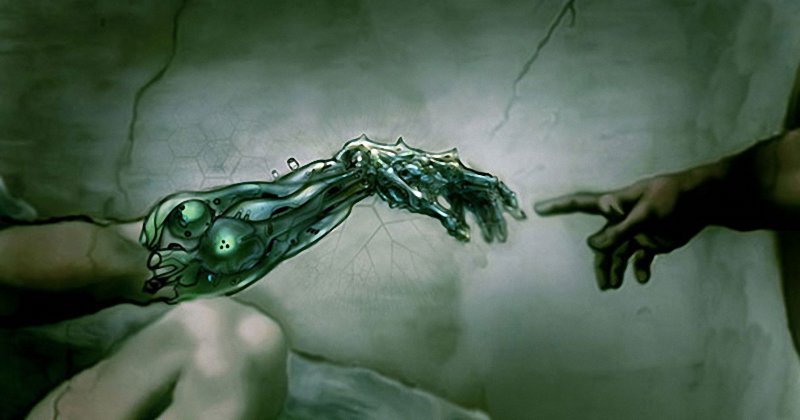
As many who study technology and the issues of borders know, drones in particular have become the weapon of choice, for crossing borders and carrying out undeclared war. These drones and the technology they employ, are playing an increasing role in world politics and in particular the military industrial complexes in the United States and increasingly worldwide.
As lobbyist work to fund more military robots and we are on the cusp of autonomous drones, which can algorithmically come to decide if a person is an “enemy combatant” of not, this work critiques the businesses such as IRobot (producer of military robots and the domestic Roomba vacuum cleaners) with the drone manufacturers General Atomics. The work questions and challenges the act of continuous war and the affect on populations especially in regions targeted such as Pakistan, Somalia and Yemen where the Bureau of Investigative Journalism (http://www.thebureauinvestigates.com/) out of the United Kingdom, that over a nine year period, out of 372 flights 400 civilians were confirmed dead, 94 of them children.
This work questions the notion of borders, where you can have a few countries or businesses lobbying governments to purchase and use new technologies, that also fundamentally challenge the notion of national autonomy and borders. The work is itself an autonomous robot, as it uses the intelligence programmed by the artist, who has highjacked thee digital programming and logic of the Roomba vacuum cleaner, which shares many algorithmic similarities to military robots. It conflates the land of other countries with the terrain of your living room (home) and seeks to join and help others understand the relationships between domestic consumer goods and the military industrial complexes, which increasingly manipulate, control and create foreign policy, through military robotics and autonomous killing machines.
Ref: Drone Eat Drone: American Scream, Ken Rinaldo – AntiAtlas
